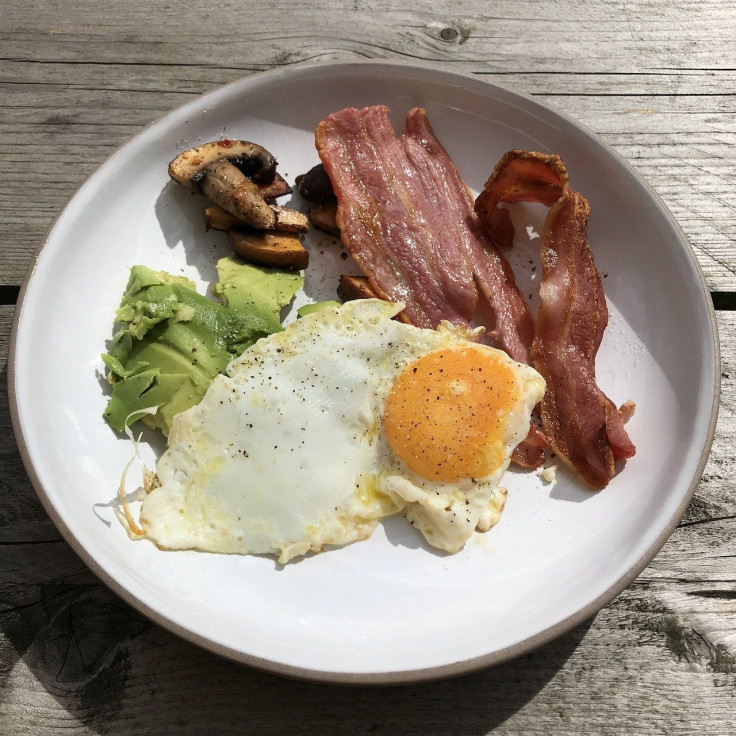This Diet Cannot Protect You From Coronavirus According To Health Experts

KEY POINTS
- The coronavirus is rapidly spreading with each passing day
- People all over the world are getting concerned about their health
- A healthy diet can help boost the immune system
The coronavirus outbreak, which was discovered in December of 2019, has spread exponentially and is now a global pandemic. Despite its rapid spread, however, there is still little known about the virus. Researchers are still deep in the study as to how the virus may have been transmitted and how to kill it or protect against it. In the meantime, people around the world are adjusting to the profound changes in their lives and adapt to new norms.
During these uncertain times, it is important to maintain good health and keep the mind active. Consuming a healthy diet regularly can help not only in maintaining good health but also boost the immune system. While there are numerous healthy diets out there that can help you achieve this, there is one. However, that may not help in protecting you against coronavirus despite claims.
Unfounded Claims
The coronavirus pandemic also gave birth to an outbreak of information on social media about diets that are supposed to fight off COVID-19 infections. Among the diet that is said to help boost your immune system and protect you against the coronavirus is the keto diet. Health experts and nutritionists were quick to refute such claims saying it will not provide you protection against COVID-19.
Dr. Grace Farhat, a food science and nutrition lecturer at Liverpool Hope University, said that keto diet is good for losing weight and not to protect you from coronavirus. Dr. Farhat made this statement in the light of the surge of social media posts claiming keto diet can ward off COVID-19.
She said that the keto diet principle is all about reducing the intake of carbohydrates and substituting it with fat. By doing so, the body goes into a metabolic state called ketosis. At this time, the body utilizes its fat reserves instead of using carbohydrates as an energy source. This helps the body get rid of fat.
A keto diet can limit carb intake between the ranges of 20 to 50 grams each day. While it has gained popularity over the years, particularly among those who wanted to lose weight, health experts dismiss its capability to protect anyone from the coronavirus.
Expert Opinion
Claims are being made by some sectors that say adopting a keto diet could boost the immune system and therefore prevent you from getting a coronavirus infection. Dr. Farhat, however, said that she is 100% sure there is no scientific proof showing ketosis can help ward off viruses in humans, particularly the coronavirus. More than ever, you need to be discerning about medical claims being posted on social media.
A study conducted by Yale School of Medicine scientists has suggested that a ketogenic diet may provide you some degree of protection from flu. According to lead author Akiko Iwasaki, they found that ketosis in mice can boost particular immune cells and enhanced the protective mucus in the lungs. Researchers noted that a keto diet might provide you a practical avenue toward alleviating or preventing influenza disease.
Dr. Farhat, however, said that there is a huge difference between mice and humans. She expressed concern about the likelihood of a huge number of people joining the keto bandwagon because of this. She also said that while this study on mice showed promising results unless proven in humans, such bold claims about the diet should be avoided.
Keto Diet Will Not Protect You From Coronavirus
According to Dr. Farhat, ketosis creates acidic substances known as ketones. Having too many ketones in your bloodstream may damage your kidneys and liver. The keto diet has the capability of overloading the kidneys because there is excessive protein.
She says that the important thing to note is that keto diets deprive your body of carbohydrates, which is required for your daily energy use. Dr. Farhat suggested instead to consume a diet loaded with fruits and vegetables and to stay fully hydrated during self-isolation.
© Copyright IBTimes 2024. All rights reserved.





















